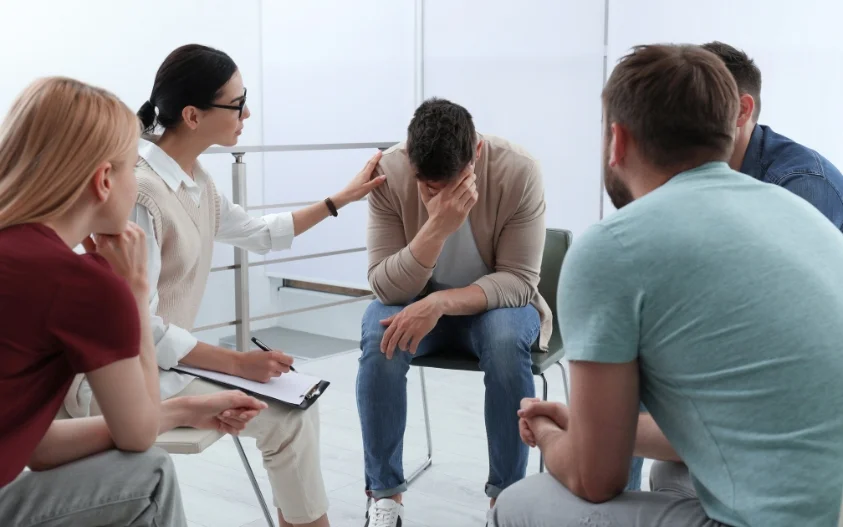serve as crucial lifelines for individuals grappling with the debilitating impacts of post-traumatic stress disorder. These specialized rehab centers focus on treating not just PTSD, but also a range of co-occurring disorders such as anxiety, depression, and substance abuse. Utilizing evidence-based therapeutic techniques, the treatment approach at these facilities often integrates cognitive-behavioral therapy (CBT), eye movement desensitization and reprocessing (EMDR), and pharmacotherapy tailored to individual needs. The importance of these rehab centers cannot be overstated; they provide a structured environment that fosters healing and recovery, making it easier for patients to confront their trauma and integrate coping strategies into their lives.
Historically, rehab centers for PTSD treatment in Alba have emerged in response to growing acknowledgment of mental health issues in America. As awareness of PTSD has increased, particularly among veterans and those who have experienced personal trauma, the need for dedicated treatment facilities has spiked. The impact of these centers resonates throughout the community and the nation, offering a refuge where individuals can find hope, therapeutic processes, and camaraderie with others facing similar challenges. As you explore the services and approaches offered at PTSD treatment rehab centers in Alba, you'll find a community dedicated to restoring lives and enhancing mental health through comprehensive care.
Learn more about PTSD Treatment centers in Alba































